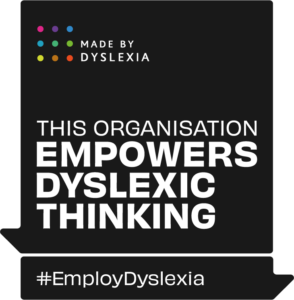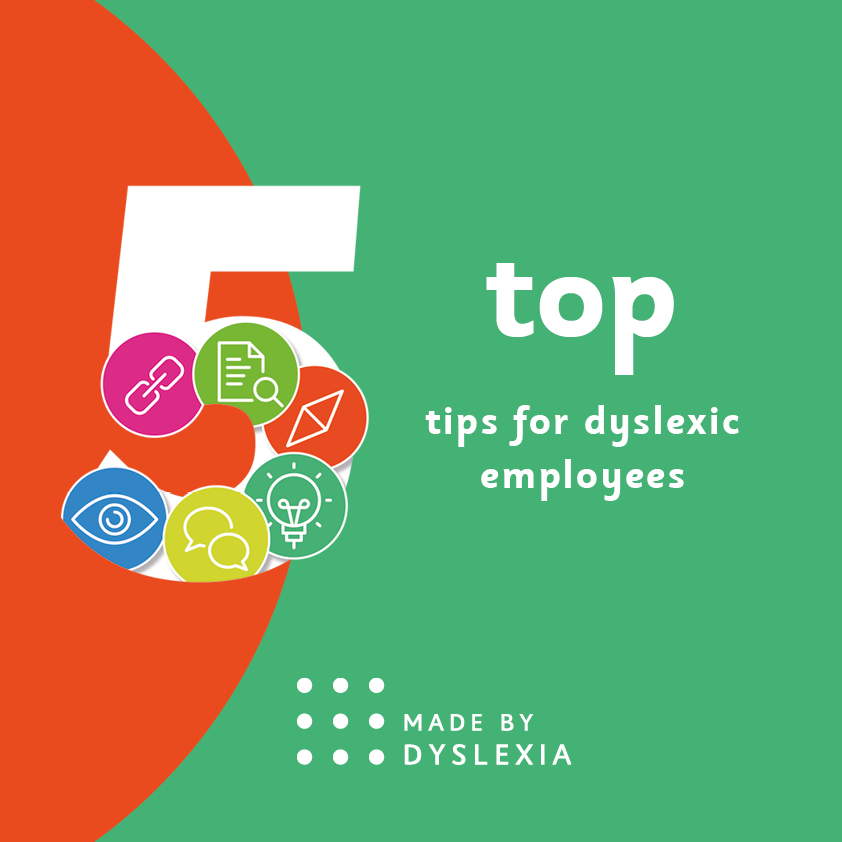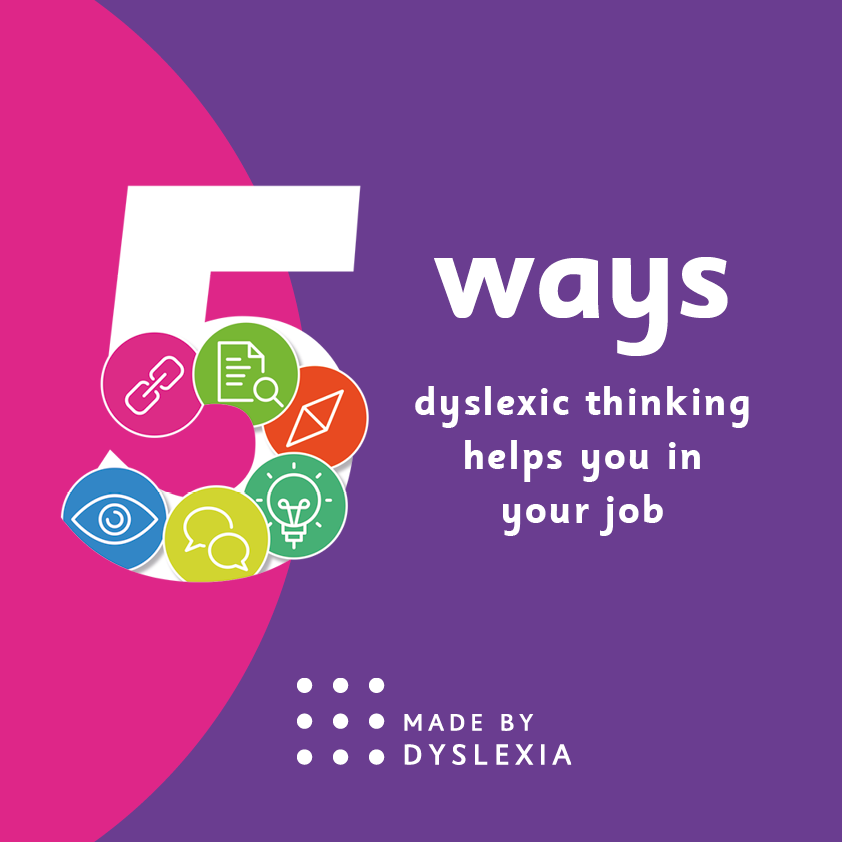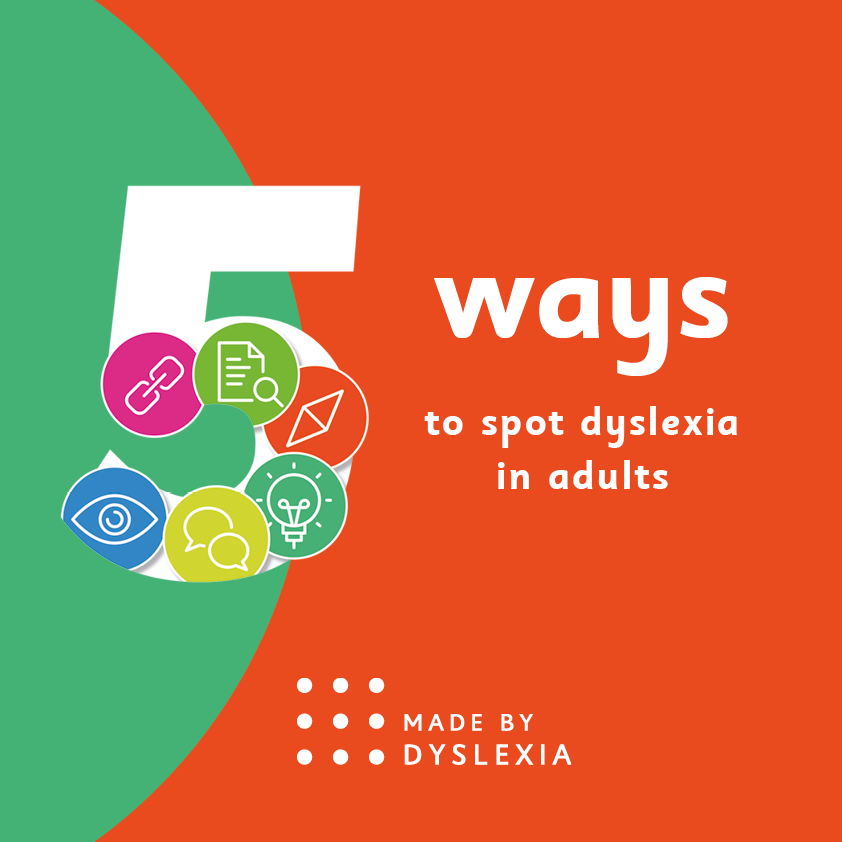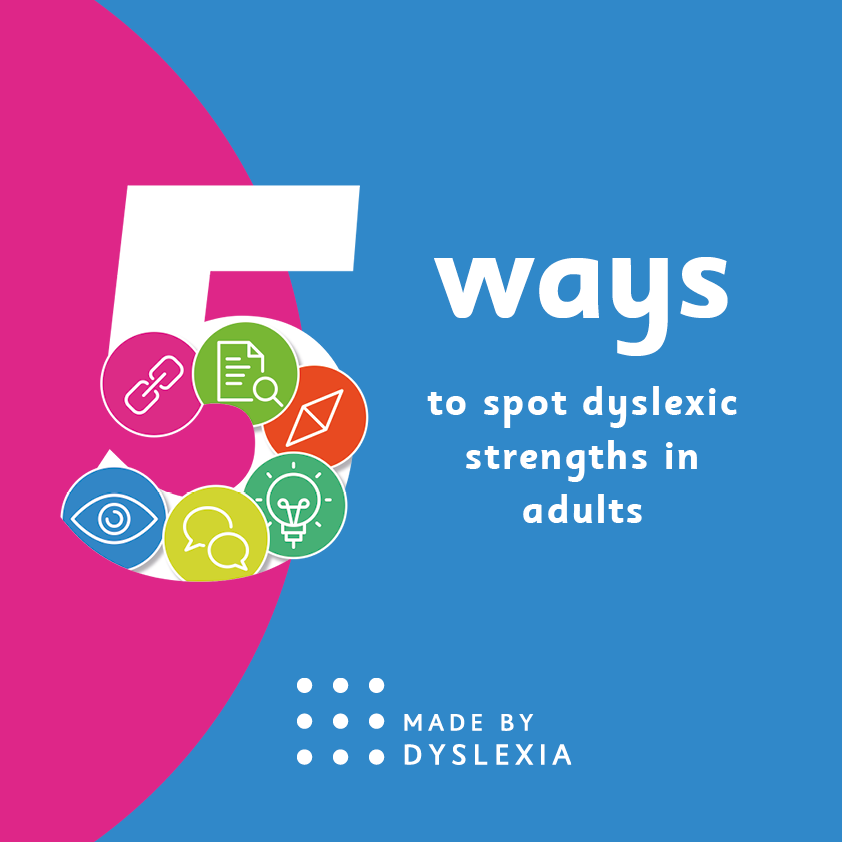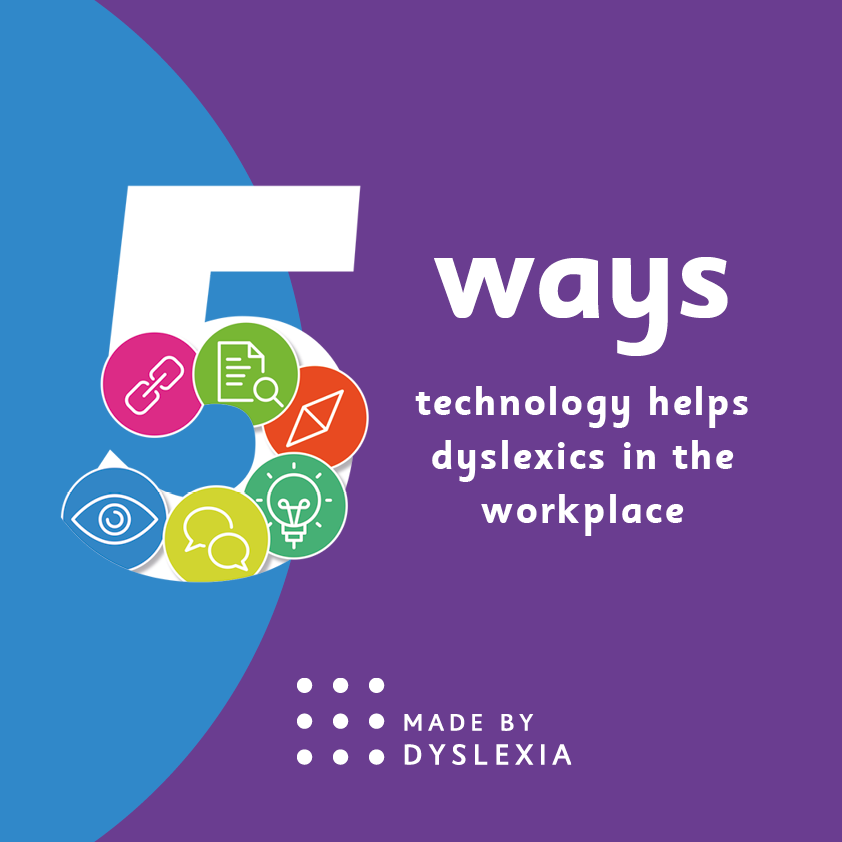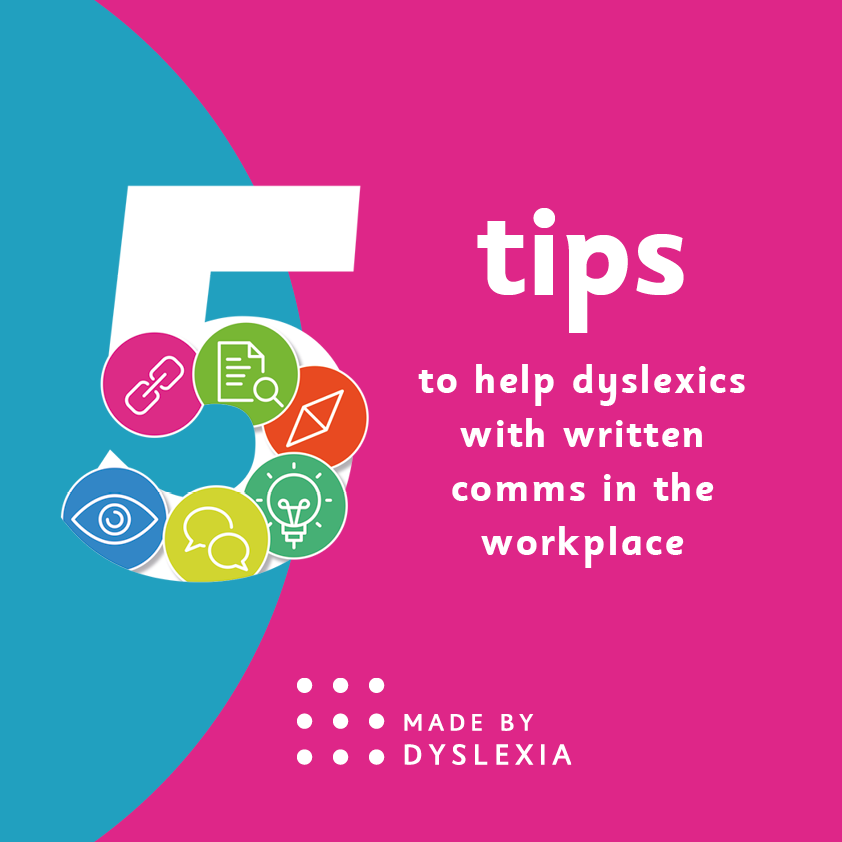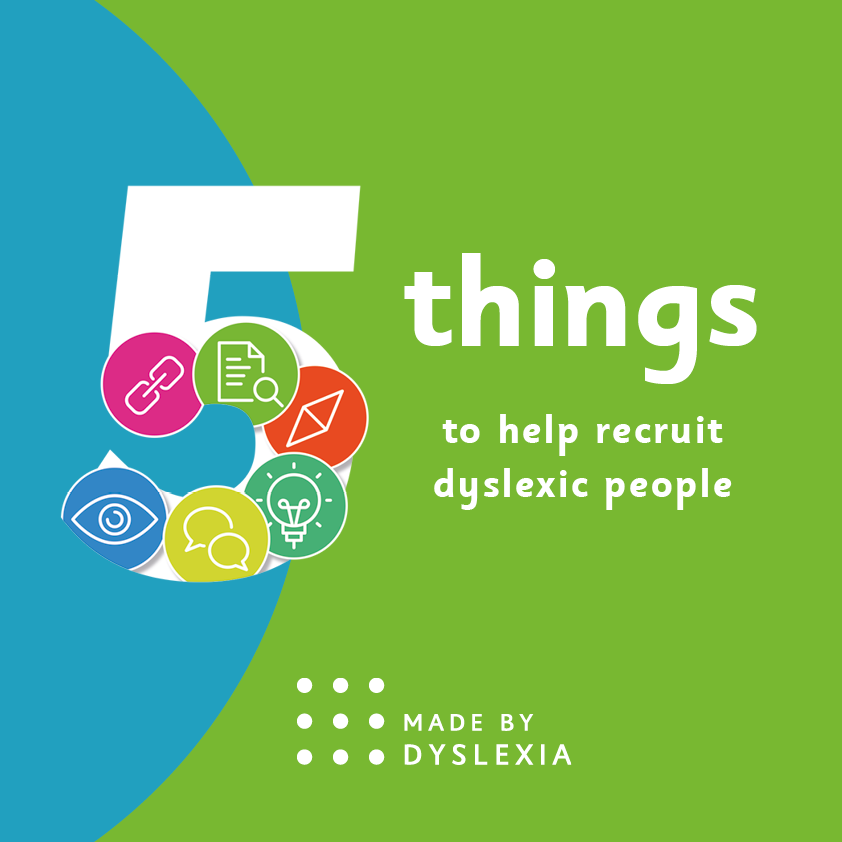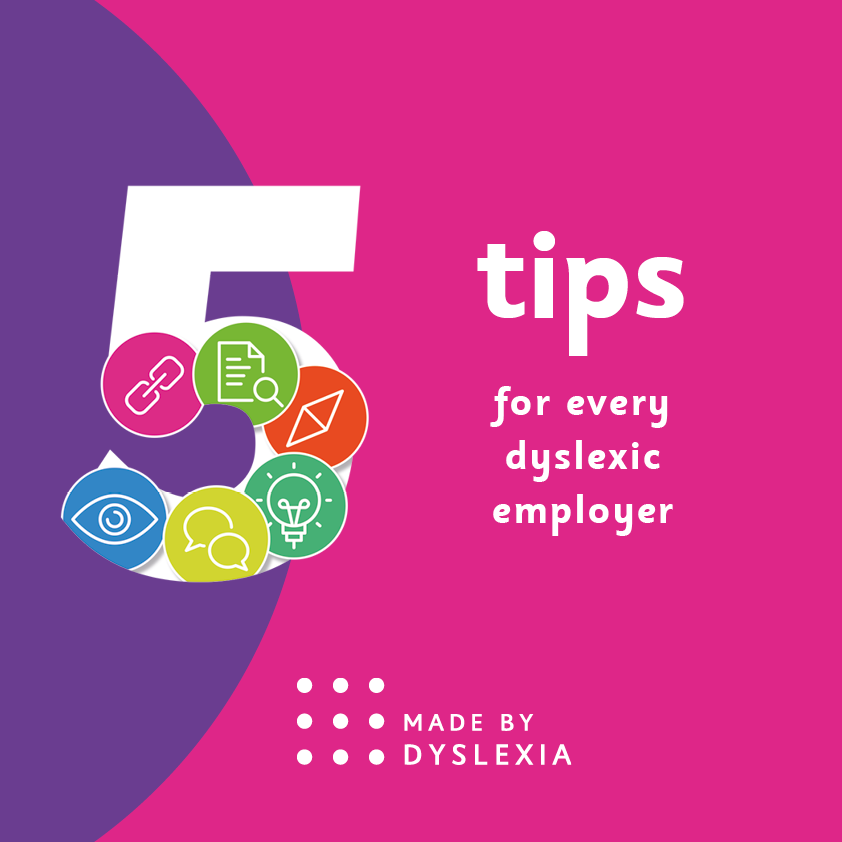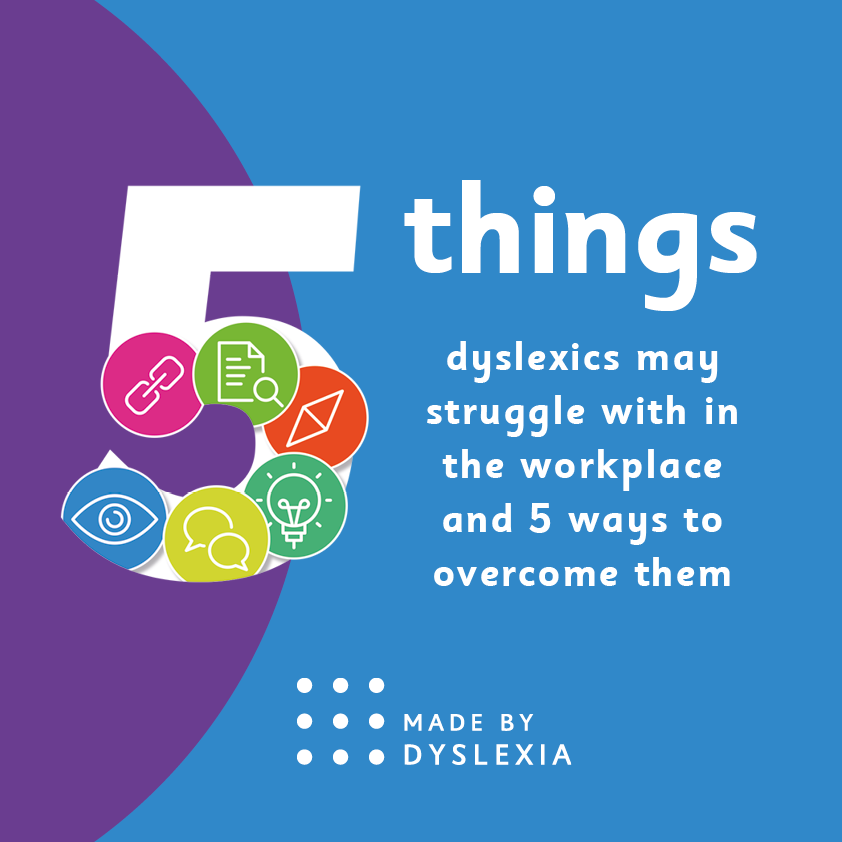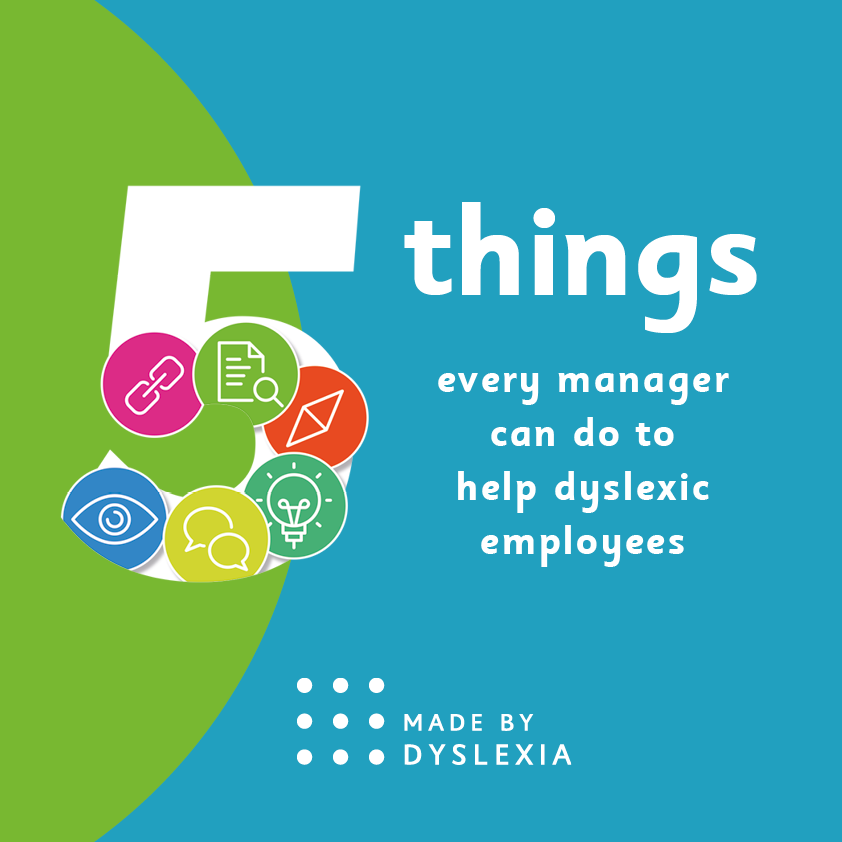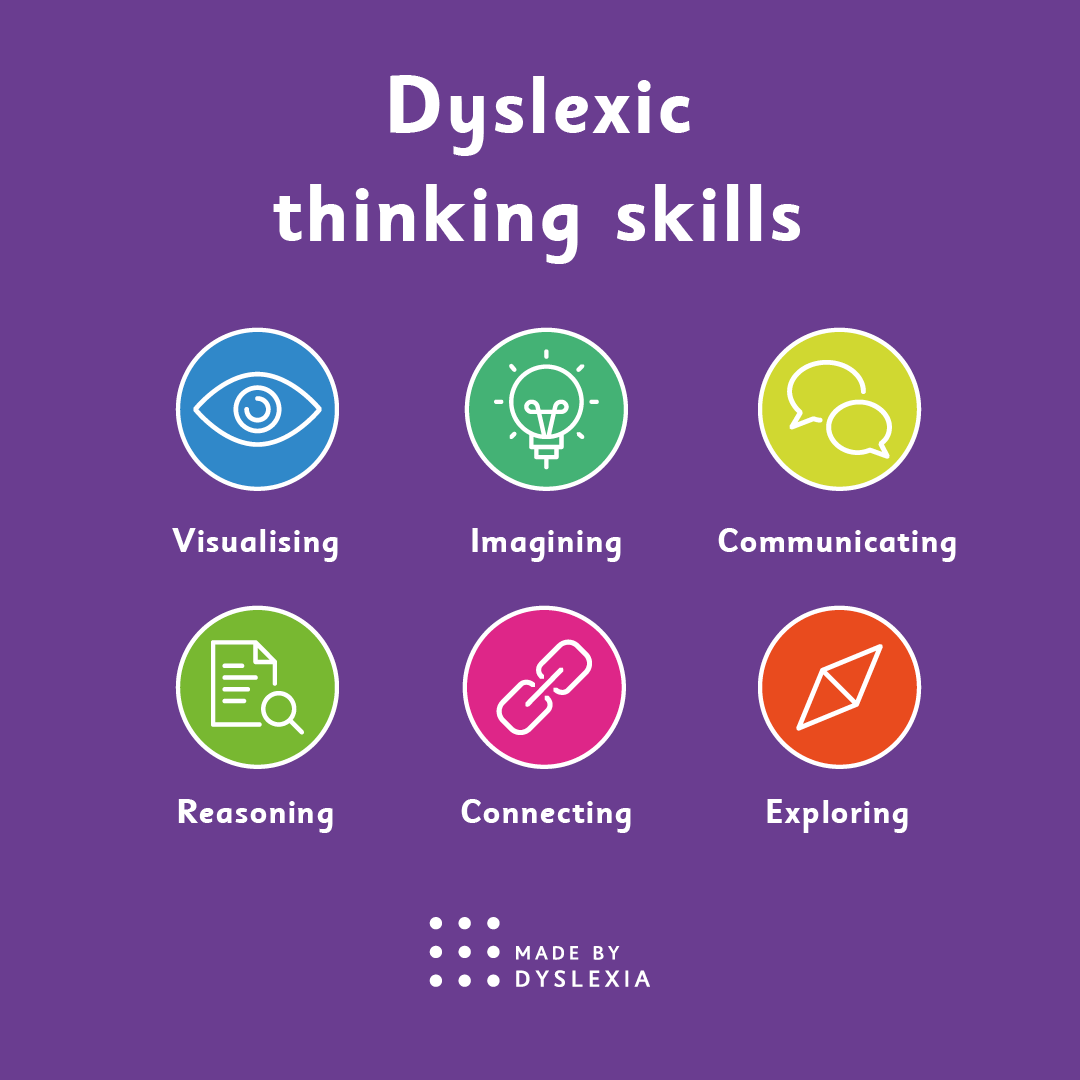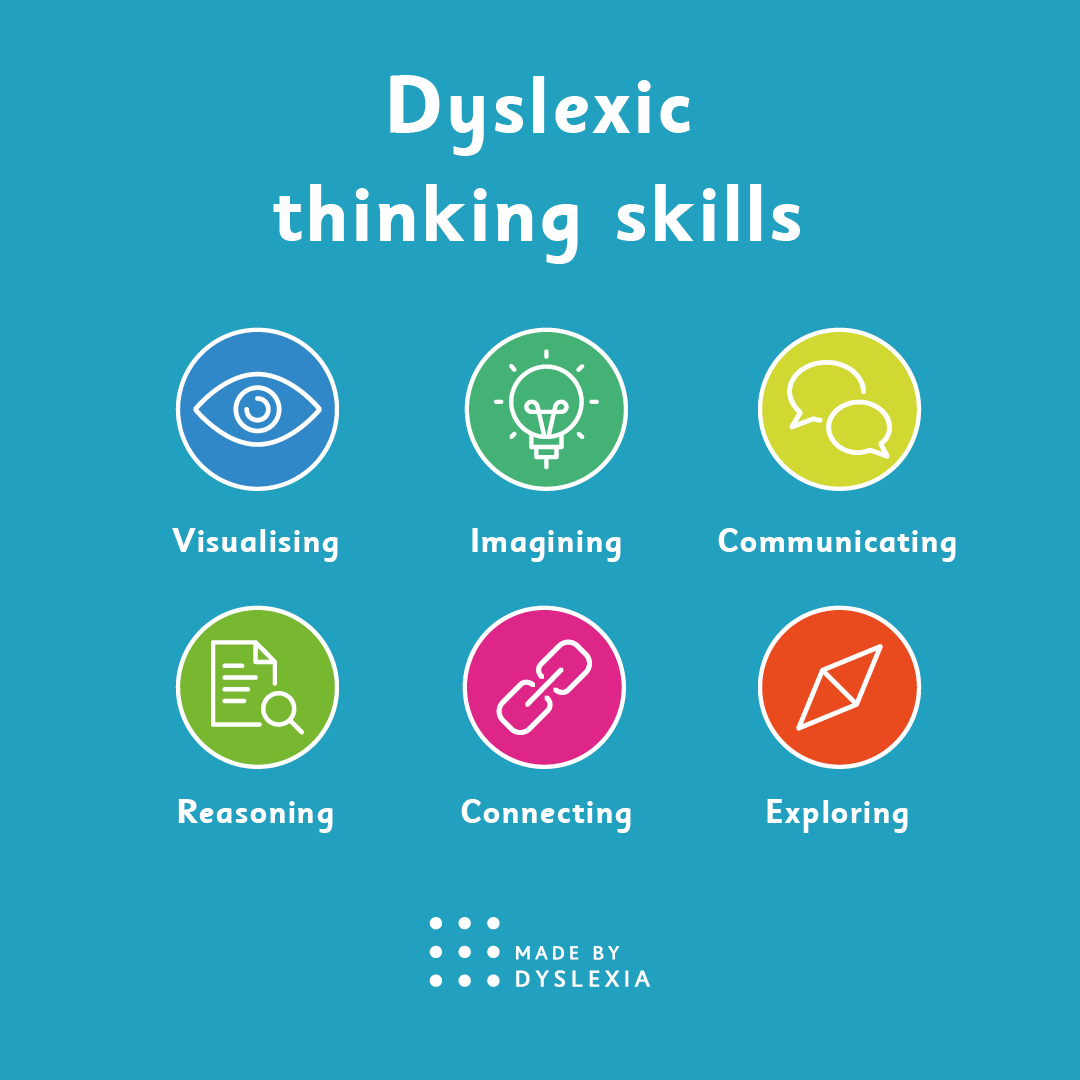Dyslexic Thinking is worth $4.5 Trillion Dollars to the global economy
But $3.2 Trillion Dollars remains untapped, because only 30% of dyslexic thinkers are empowered at work
Our new report finds Dyslexic Thinking is worth:
- $4.5 Trillion Dollars to the global economy
- $652 Billion Dollars to the US economy
- £98.2 Billion Pounds to the UK economy
But economies are missing out, because dyslexic thinkers – who have the skills to drive growth and innovation – are not fully empowered at work.
This report outlines – for the first time – the financial imperative to empower Dyslexic Thinking. And poses the $Trillion Dollar Question can we afford not to empower Dyslexic Thinking?
Every organisation can learn how to empower Dyslexic Thinking for free with our new Workplace Guide and our free training below.




